Parties’ manifestos offer little to Dalits, Janajatis
- Dignity Post
- 17-07-2023 09:13
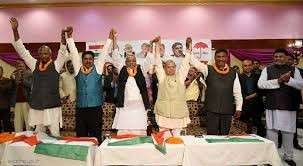
Parties’ manifestos offer little to Dalits, Janajatis
Kathmandu
Big parties have made a few promises to the marginalised groups including the Dalits and janajatis in the federal and provincial polls, but the promises are not accompanied by plausible plans or strategies to ensure implementation.
Observers and experts on Dalit and janajati issues claimed that the manifestos show the big parties are not serious about resolving major concerns of the communities.
“I went through the manifestos, which are full of hollow promises. The proclamations are focused solely on garnering votes from marginalised groups, but not serious about ending caste-based discrimination and untouchability,” said Pradip Pariyar, executive chairman of Samata Foundation. “This is a worrisome and pathetic trend.”
Dalit and janajati experts and activists have long accused parties of paying a lip service to the concerns of marginalised.
Several marginalized groups including Dalits are scattered across the country so their voices are not as strong and are often ignored by parties.
“The lack of concern among major parties towards ensuring social justice is a major challenge facing democracy in Nepal,” said Mukta Singh Lama, an expert who did his Ph.D. on anthropology from Cornell University. “Only the Maoists and the Congress have talked about indigenous issues; others have not dared to mention even the word let alone recognize their struggles and sacrifices.”
Janajatis have been demanding federalism based on ethnic identity and use and recognition of their languages, but parties have not even bothered to mention these issues although the major parties have many janajati leaders in prominent positions.
Since the parties have failed to field Dalit candidates in proportion to their population, Dalits are also worried whether their issues would be raised in Parliament.
Not only Dalit issues, major parties have not incorporated the issues of indigenous nationalities in their manifestoes except mentioning some.
Among the big parties, the CPN (Maoist Centre) and the Nepali Congress have given some prominence to both Dalit and indigenous issues, but other parties including the CPN-UML have largely ignored these communities despite their significant voter base.
According to Dalit rights expert Hira Bishwakarma, the Maoist Centre has made some impressive promises including proportional representation in all sectors, more Dalit representation than their population, land for the landless, and temporary and long-term plan for ending untouchability, among many other things.
“Though the Maoist manifesto looks impressive and progressive, its implementation is doubtful because individual party manifestos are often thrown into dustbins when they form a coalition government,” said Bishwakarma. “No party when in power has taken expected initiatives for implementing the agenda related to marginalised groups. So, there is no hope.”
Bishwakarma, however, said the UML manifesto was the worst among those of the big parties in terms of Dalit upliftment. “The 96-page manifesto has mentioned the term Dalit in just six places.”
The previous government led by UML Chairman KP Sharma Oli, according to Bishwokarma, was responsible for scrapping Dalit Bikas Samiti and Badi Bikas Samiti among others state mechanisms, besides making 9,000 appointments in local units in breach of reservation rules.
Experts on indigenous issues too are not hopeful of the big parties making good on their promises.
“The Maoist Centre seems to have raised the concerns of indigenous groups more prominently among the major political parties, but they may not be able to implement their agenda because they may not get a chance to lead the government,” said Lama.
The CPN (Unified Socialist) has proposed announcing a ‘Dalit decade’ to implement the constitutionally-guaranteed provisions on Dalit rights, but the party has not said anything about the rights of marginalised communities including indigenous groups. Dalit rights activists have been demanding that the government declare a ‘Dalit decade’ so that the government could focus on policies and programmes to ensure gradual end of rampant caste-based discrimination and untouchability.
Binod Pahadi, a candidate of the ruling coalition for the provincial assembly from Rupandehi-5 (A), said political parties have made some promises for marginalised groups including Dalits but have not ensured their proportional representation while fielding candidates.
“Had the major parties fielded more candidates from marginalised groups under the first-past-the-post electoral system, then those who get elected would work to implement the policies related to their communities,” Pahadi told the Post over telephone from Rupandehi.
Expert Lama warns that if the issues of social justice are ignored for long then the big parties and the ruling elite could face damaging consequences.


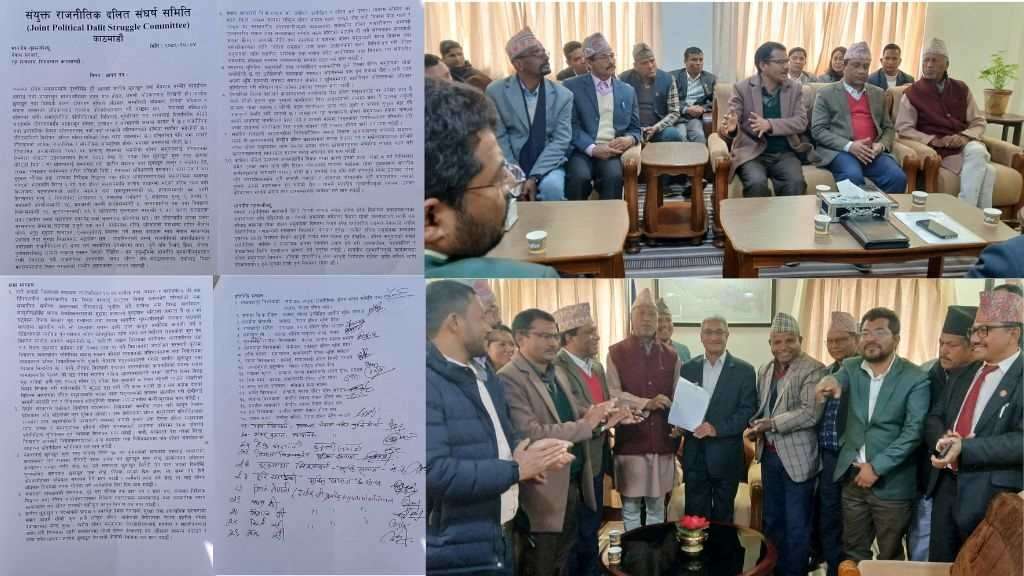
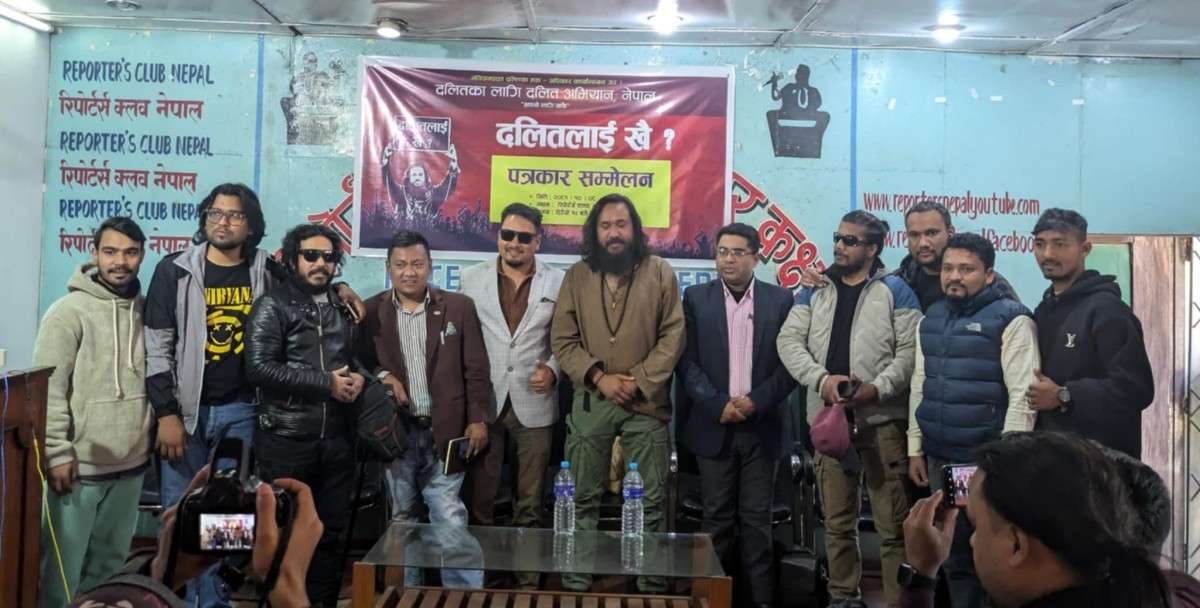
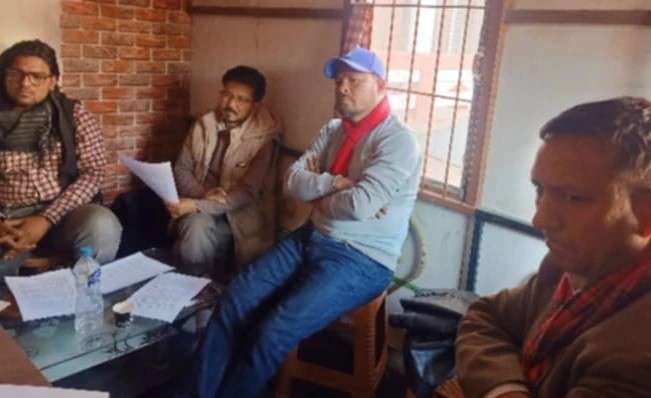
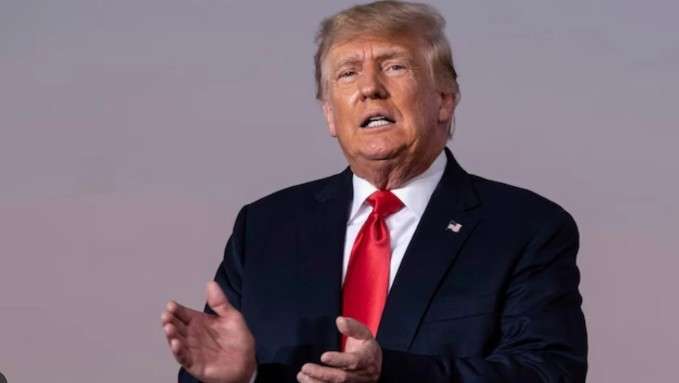
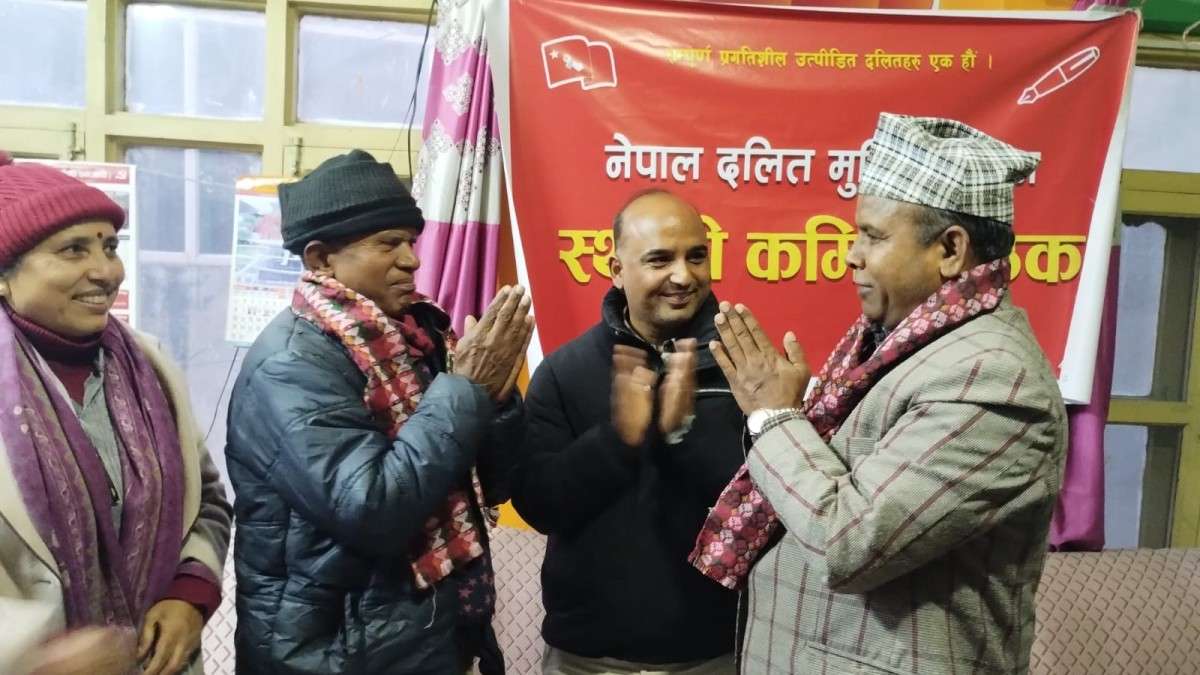
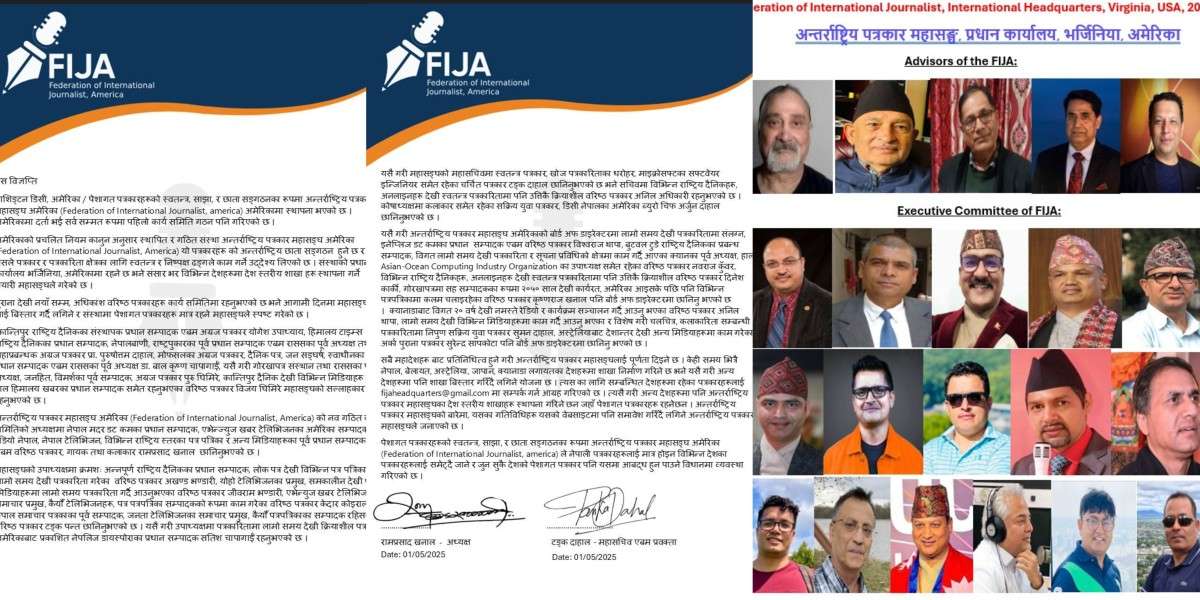



Conversation